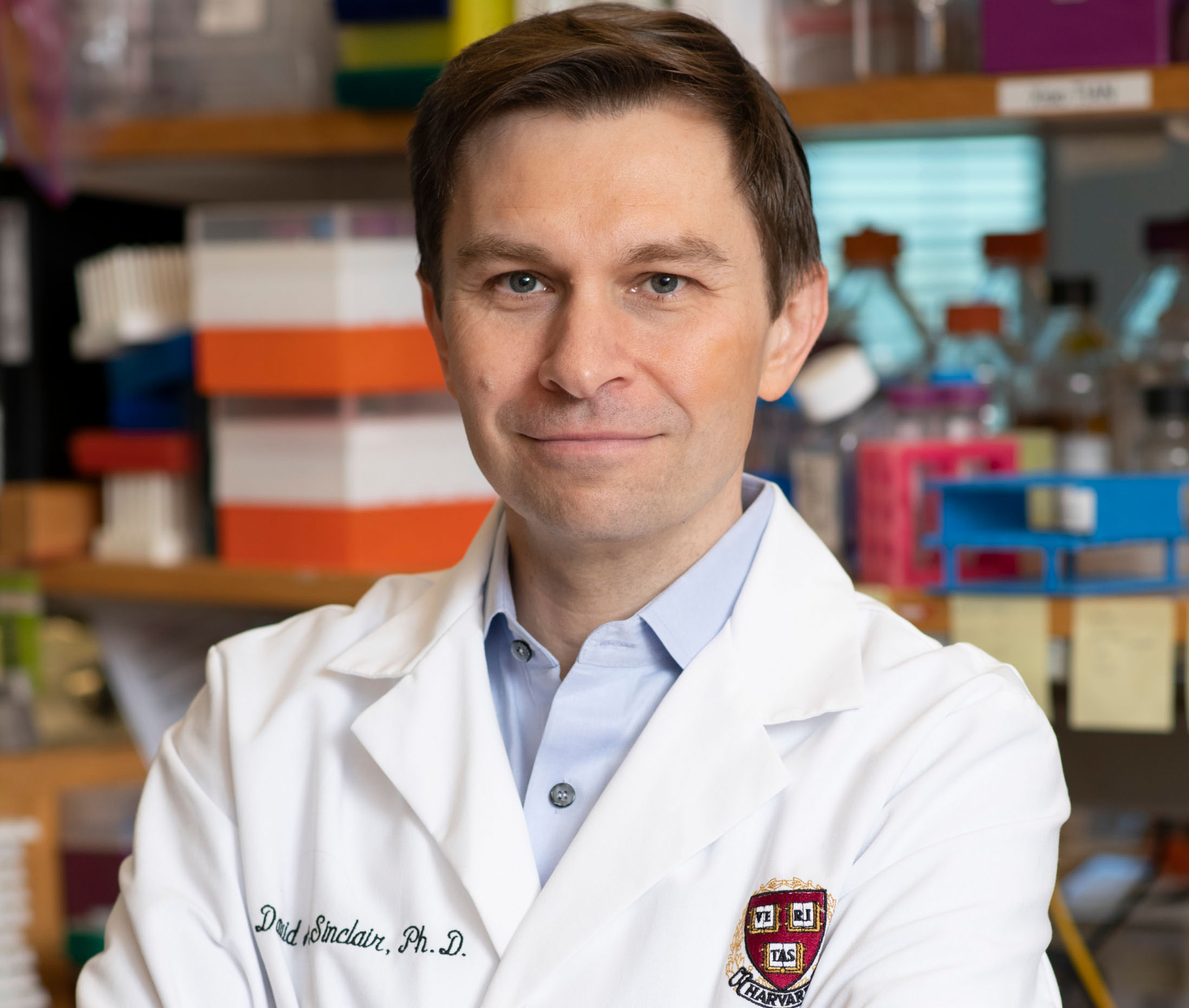A group of anti-aging researchers from Harvard Medical School, led by David Sinclair, has uncovered chemical compounds that, according to scientists, can rejuvenate the human body in just four days.
This breakthrough was revealed in a recently published study.
The published data indicates that the aging process can be slowed down and even reversed using unique genetic and chemical tools.
“We have identified six chemical cocktails that, in less than a week and without harming cellular identity, restore a youthful genomic profile of transcripts and reverse transcriptomic age. Thus, rejuvenation through age reversal can be achieved not only through genetic means but also through chemical approaches,” the group stated.
Currently, scientists have not been able to confirm the effectiveness of their hypothesis on humans and have limited their experiments to cell cultures.
Though some members of the scientific community call the claims made by the Harvard group “bold,” a positive outcome seems quite probable, especially considering David Sinclair’s previous success in researching anti-aging processes.
It is worth recalling that in January of this year, Harvard scientists, led by Sinclair, published a paper titled “Loss of Epigenetic Information as a Cause of Mammalian Aging.” The research revealed that “aging is based on the loss of information in cells, not just accumulation of damage.” Therefore, if a way can be found to restore the “lost” information in cells, they can regain their ability to renew.
During laboratory studies, the researchers simulated aging, so-called “epigenome,” in mice. As a result, young mice began to age much faster within a few weeks. The animals displayed typical signs of aging, such as graying fur, deteriorating vision and memory, decreased activity, and weight loss. The epigenetic clock of the rodents showed that they were aging approximately 1.5 times faster than normal.
Subsequently, using the so-called “Yamanaka factors” – proteins that rejuvenate aging cells – biologists were able to activate genes responsible for cell identity. After five weeks, the first signs of rejuvenation appeared in mice, both at the molecular and tissue levels.
Currently, it is uncertain whether the process will work similarly in humans. Nevertheless, testing has already commenced on primates and human cells, including neurons, fibroblasts, and skin cells.
Source: The Gaze







